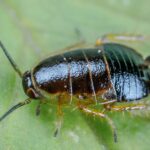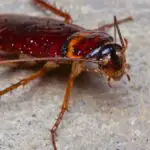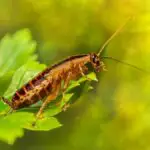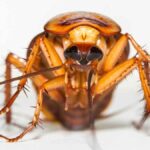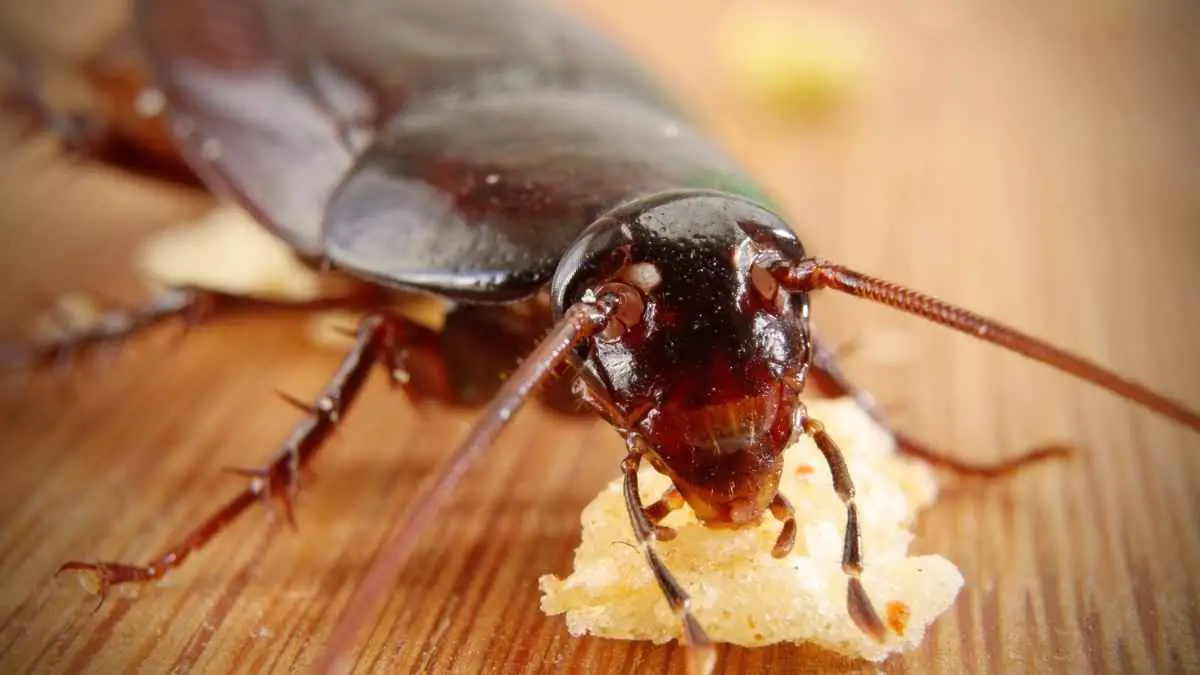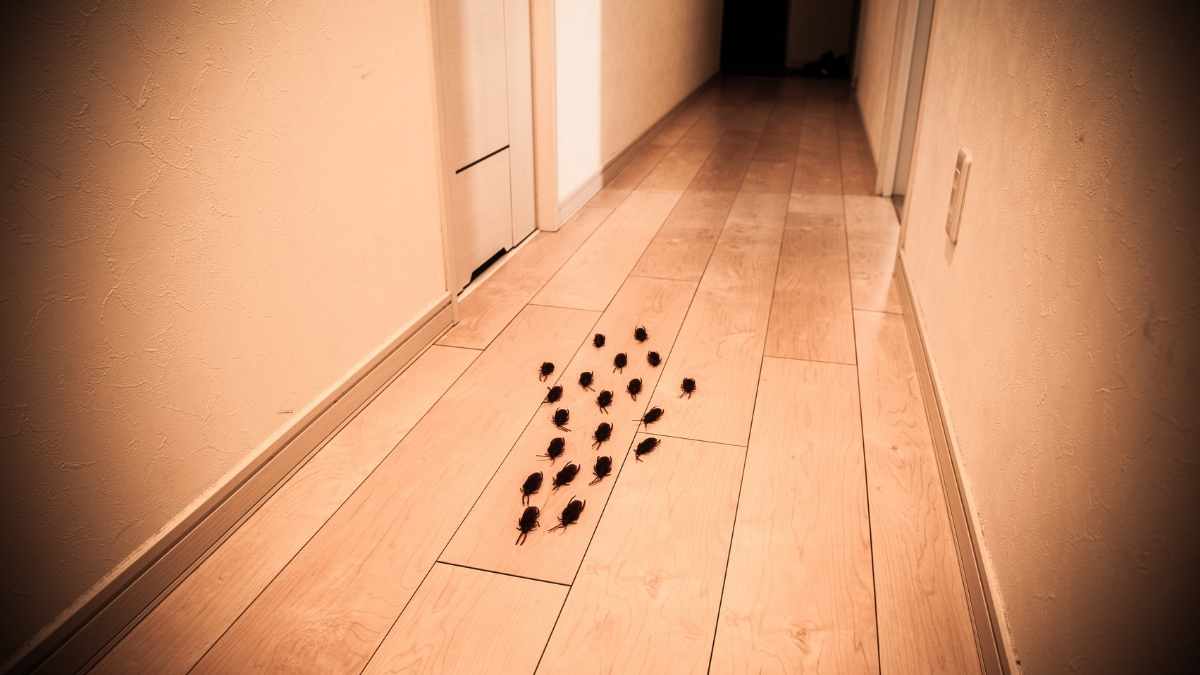Your garden is the step before a cockroach gets into your home!
If you can understand why you have cockroaches in your garden, you can help to eradicate them before they get to your home.
If you don’t, you may have a sudden appearance of roaches on your hands.
This post will show why you might have cockroaches in garden areas.
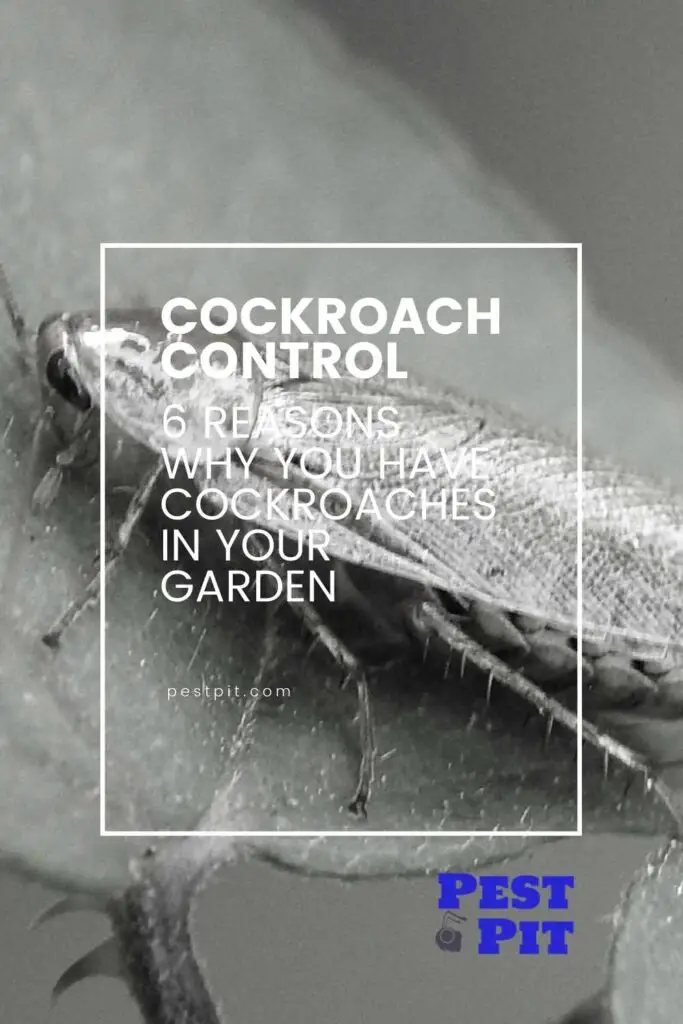
What Attracts Cockroaches to Your garden?
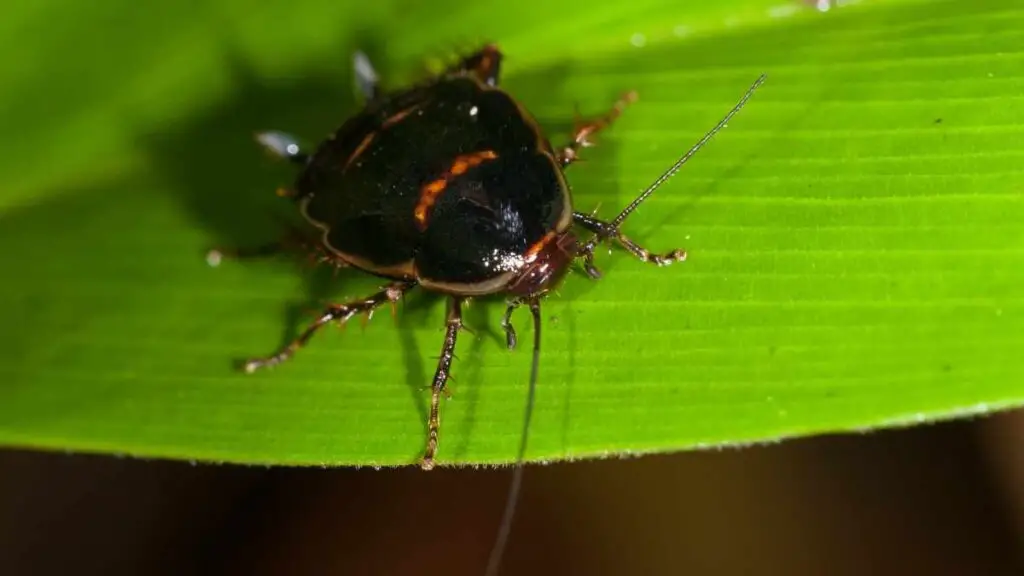
This question does not have a clear response. It’s probably better to ask yourself what attracts cockroaches, and you’ll probably find many things.
However, there is an extensive list of things that attract them.
Yet, not all cockroaches are created equal. Cockroaches are attracted to various things, including pheromones (external chemicals emitted by animals to communicate with each other).
It’s beneficial to understand what kind of roach you’re dealing with while dealing with a roach infestation. Particular roaches are drawn to certain things more than others. You’ll be able to tackle the problem faster if you focus on significant areas of weakness.
Cockroaches are pests that congregate in great numbers. If you spot one, there’s a good chance you’ll find a lot more around your house. The following are some of the most common things to attract cockroaches to your garden.
1. Water & Moisture
Cockroaches are attracted to humid, tropical environments, so they’ll naturally seek similar conditions in your garden.
Decrease humidity and moisture in your garden to make it less inviting to roaches:
- Inspect your plumbing for leaks and repair them to remove any standing water in your garden.
- Repair gaps around the water supply to keep the water out of the garden.
- Allowing water to sit in plants or pet dishes for long periods is not a good idea.
- It would be best if you used kitchen sponges to dry gardening equipment.
- If necessary, use a dehumidifier. Although I understand it isn’t very practical outdoors!
2. Shelter
Roaches hide throughout the day and come out late to mate and look for food. Spend some days going over your garden, looking for common roach hiding spots.
Seal any holes or cracks where cockroaches could infiltrate your property. Make sure all entranceways, including doors and windows, are weather-stripped.
It’s also crucial to clear up the clutter. Cockroaches prefer to infest the soil, wood, paper, and other materials.
You should not store paper bags and corrugated cardboard anywhere near your garden.
3. Garbage
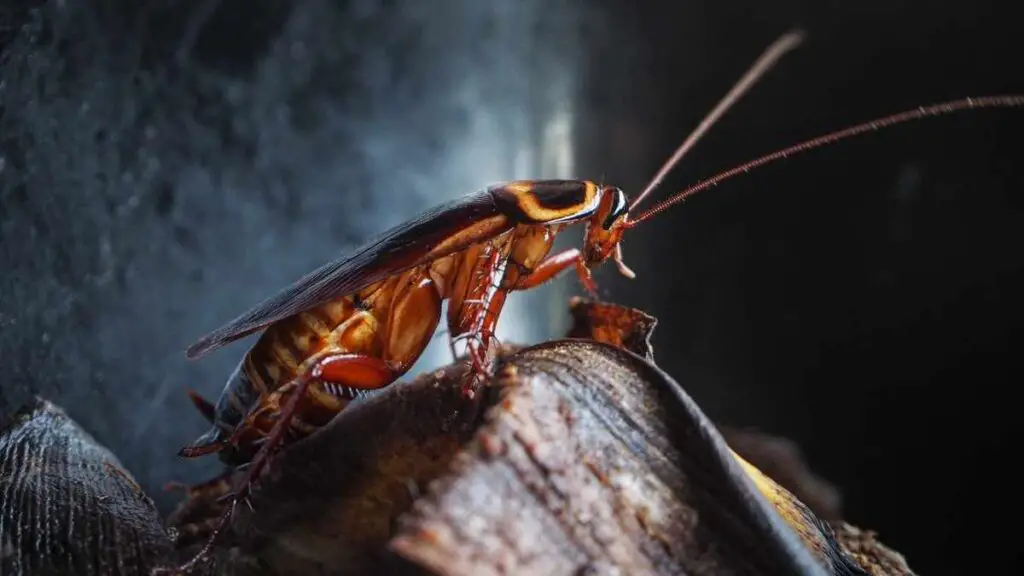
Your garbage is a primary food source for roaches, but it’s a much more complicated issue than you might think. Cockroaches are attracted not just to the materials in your trash but also to any liquids or splashes.
You might be surprised by what cockroaches consider “edible” waste.
Pests are attracted to more than simply kitchen waste. Pests are attracted to the trash by soap, dandruff, hair, and other debris. So if your garden has any of these wastes, prepare to face some cockroaches.
Change your waste disposal approach as needed:
- Throughout your garden, use sealed garbage cans and waste bins.
- To prevent dirt and trash from gathering inside the trash can or wastebasket, line it with a plastic bag or a trash can liner.
- Every evening, take out the trash, including the garbage.
- Don’t overlook your garden’s or garage’s recycle bins or boxes: they’re typical insect breeding grounds.
4. Food in Your Garden
Cockroaches eat everything, including human food and pet supplies. Cockroaches will eat almost anything that has nutritional content.
Although we people do not consider it nutritionally valuable, your garden is rich in things that could be a desert for cockroaches. That’s why they might plan to make your garden a permanent residence.
Make a habit of cleaning your garden every evening. This includes cleaning all food or nut reservoirs and sweeping up breadcrumbs and trash from the garden.
Deep cleaning is also essential. Clean your gardening equipment regularly, and don’t forget to do a deep clean.
Always keep food in sealed, impenetrable containers. Aluminum or plastic is preferable to cardboard, which can serve as a feeding source for roaches—transfer products or items wrapped in cardboard or paper bags to a reusable, closed bag.
5. Pets in Your Garden

It might surprise you that roaches are not very picky when choosing food.
They like everything, and they eat everything.
When it comes to food, they are opportunistic feeders. They’ll eat just about everything, even dog food. Here are some pointers to remember:
- Pet food should not be left out overnight.
- Rather than keeping your pet’s pet food bowl all day, try feeding your pet in single-serving portions.
- Scoop up spills and crumbs in and around pet food dishes, then sanitize the area.
- Rather than keeping the bag open in your cupboard or garage, store pet food in sealed containers.
- Try to wash your pet’s food bowl as well.
6. Landscaping
Wood cockroaches and brown roaches thrive in outdoor environments, where they spawn before infiltrating your home spaces. Cleaning up the landscaping areas of your property helps to keep pests at bay while also improving the curb appeal of your garden:
- Clean leaf litter with a brush.
- Reduce the thickness of your wood mulch if possible.
- Remove cockroach-attractive items such as compost bins, mulch piles, firewood, and other items from your property.
- Reduce watering to the absolute minimum necessary for your crops and microclimate. Overwatering can cause a humid environment which cockroaches like.
What Can You Do if You Have Cockroaches in Your Garden?
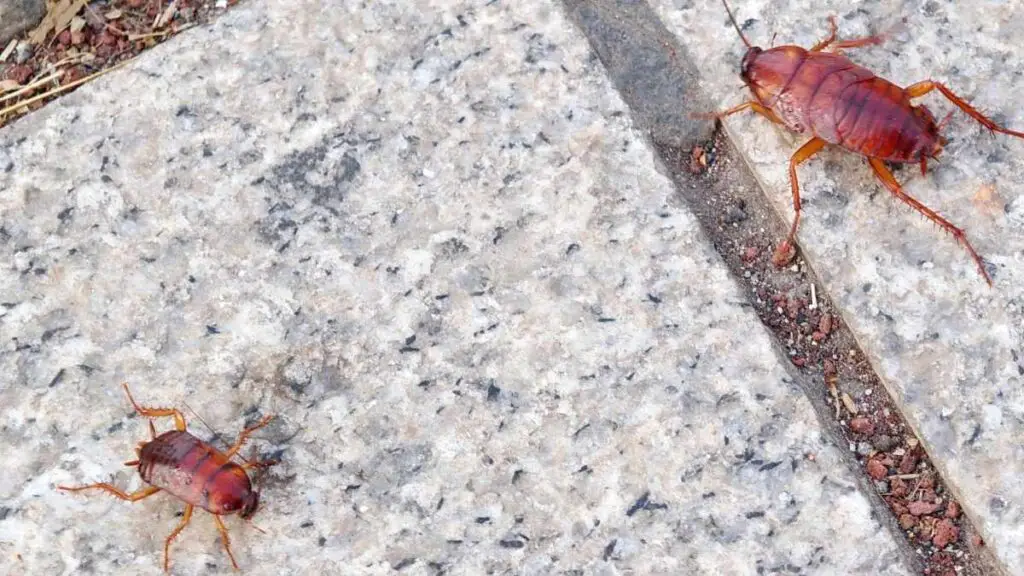
Make it a practice to inspect your garden and landscaping once a month to ensure your cockroach prevention tactics are current, paying specific attention to the abovementioned areas.
If you don’t like dealing with the issue, speak with a pest control expert who can determine the roach attractants unique to your garden and lifestyle.
Sealing up the cracks can help tremendously. If you locate a way in, close it up. If you notice any gaps between the cabinets, this is a cockroach entry point!
Try to remove all the food sources. Empty your garbage regularly, and don’t leave food in the open. It’s an excellent habit because you won’t have to share your food with the roaches.
Can I Eradicate Cockroaches Naturally?
Although various species focus more on human foodstuff and any form of waste than in your home garden, certain species will consume them. You don’t want them in your yard, even if they don’t eat your plants.
So the next stage is for these insects to infiltrate your household, where they’ll transmit unpleasant diseases, consume your food, and terrify late-night fridge raiders (kids).
Dusting diatomaceous earth around your plants is a natural technique to eliminate cockroaches. The powder’s tiny particles are spiky and act on insects’ respiratory systems like miniature razor blades.
Some birds enjoy a good cockroach meal, so throw out seeds to create a welcoming environment for your avian companions. A birdbath is a good idea, but keep in mind that water attracts roaches.
Conclusion
DIY pest control is challenging, and getting rid of roaches in your garden is one of the biggest too!
The only thing you can do is figure out why they are in your garden and do something about it.
Good luck.

